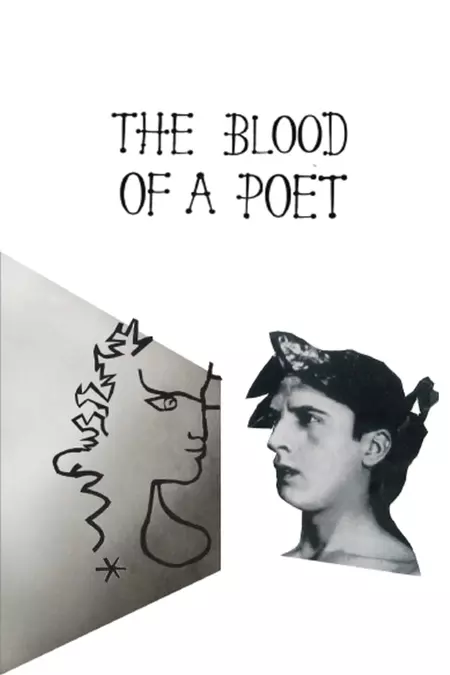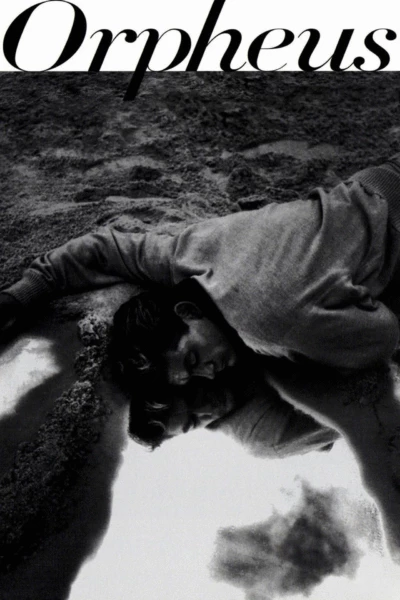Testament of Orpheus (1960)
Testament of Orpheus (1960)
Plot.
Where to Watch.
 Free
Free Free
Free Subs
Subs Subs
Subs Subs
SubsCurrently Testament of Orpheus is available for streaming online, rent, buy or watch for free on: Plex, Plex Channel, Criterion Channel, Max Amazon Channel, Max
Streaming in:🇺🇸 United States

Cast & Crew.
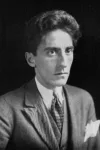
Jean Cocteau
The Poet / Director / Writer
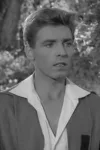
Edouard Dermithe
Cégeste
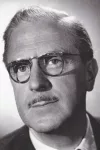
Henri Crémieux
The Professor

François Périer
Heurtebise

Claudine Auger
Minerve

Françoise Arnoul
Self (uncredited)

Lucia Bosè
Orphée's Friend

Charles Aznavour
The Curious Man

Brigitte Bardot
Self (uncredited)

Jean Marais
Oedipe

Daniel Gélin
The Intern (uncredited)

Françoise Christophe
The Nurse (uncredited)

Nicole Courcel
The Young Mother (uncredited)

Daniel Moosmann
2nd Man-Horse (uncredited)

Yul Brynner
Court Usher (uncredited)
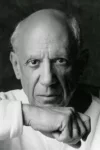
Pablo Picasso
A friend of Orphée (uncredited)

Michael Goodliffe
English Narrator (voice) (uncredited)

Jean-Pierre Léaud
Dargelos, the schoolboy
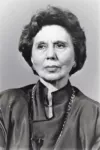
Alice Sapritch
Gypsy (uncredited)

Roger Vadim
Self (uncredited)

Françoise Sagan
A friend of Orphée (uncredited)

Annette Stroyberg
A friend of Orphée (uncredited)

Marie-Josèphe Yoyotte
Gypsy (uncredited) / Editor

María Casares
The Princess

Jean Thuillier
Producer

François Truffaut
Associate Producer

Roland Pontoizeau
Director of Photography

Pierre Guffroy
Production Design

Janine Janet
Costume Design

Alexandre Marcus
Makeup Artist

Irénée Leriche
Production Manager

Michel Mombailly
Unit Manager

Pierre-André Bertrand
Sound

René Sarazin
Sound

Balenciaga
Costume Designer

Francis Caillaud
Assistant Director
Media.
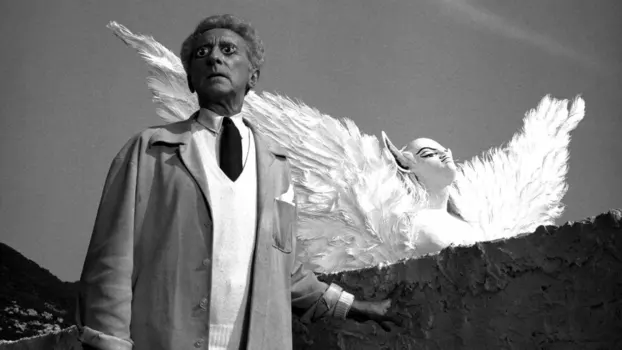


Details.
Release DateFebruary 18, 1960
Original NameLe Testament d'Orphée
StatusReleased
Running Time1h 20m
Genres
Last updated:
This Movie Is About.
Wiki.
Testament of Orpheus (French: Le testament d'Orphée) is a 1960 black-and-white film with a few seconds of color film spliced into it. Directed by and starring Jean Cocteau, who plays himself as an 18th-century poet, the film includes cameo appearances by Pablo Picasso, Jean Marais, Charles Aznavour, Jean-Pierre Leaud, and Yul Brynner. It is considered the final part of The Orphic Trilogy, following The Blood of a Poet (1930) and Orphée (1950).
One critic described it as a "wry, self-conscious re-examination of a lifetime's obsessions" with Cocteau placing himself at the center of the mythological and fictional world he spun throughout his books, films, plays and paintings. The film includes numerous instances of "double takes", including one scene where Cocteau, walking past himself, looks back to see himself in what was described by one scholar as "a retrospective on the Cocteau œuvre".
The New York Times called it "self-serving", noting that the pretension of the film was certainly intended by Cocteau as his last statement made on film: "as much a long-winded self-analysis as an extraordinary succession of visually arresting images".
Picasso had introduced Cocteau to the photographer Lucien Clergue who was brought in to photo-document the film's production. His black-and-white stills were published in 2001 as Jean Cocteau and The Testament of Orpheus.
The Orphic Trilogy.
You May Also Like.
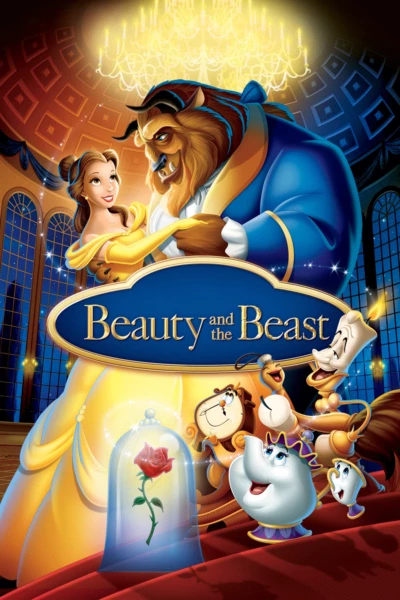
Beauty and the Beast (1991)
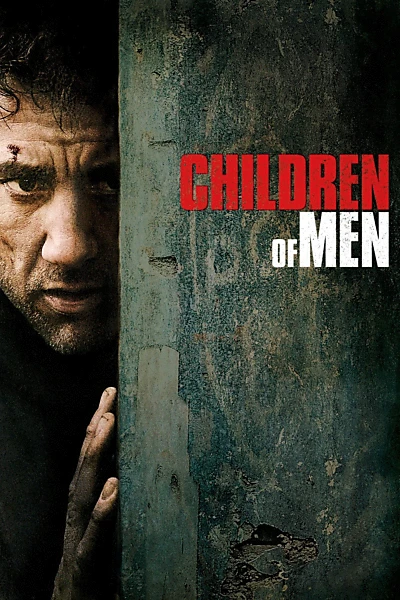
Children of Men (2006)
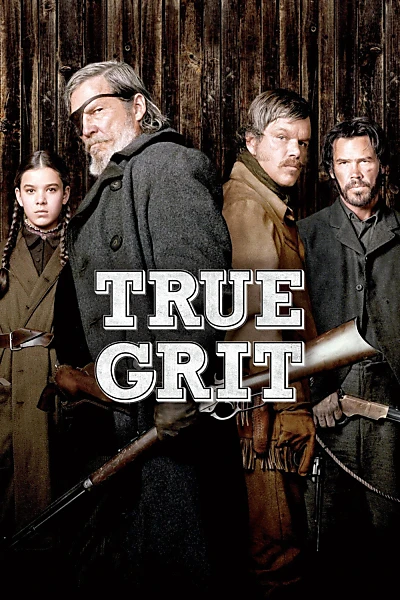
True Grit (2010)
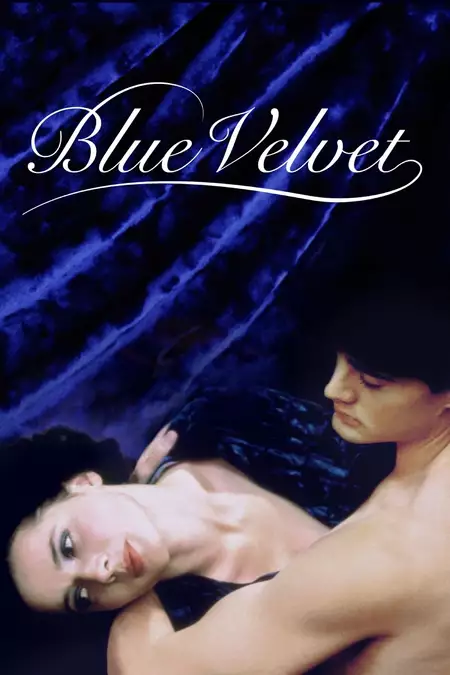
Blue Velvet (1986)
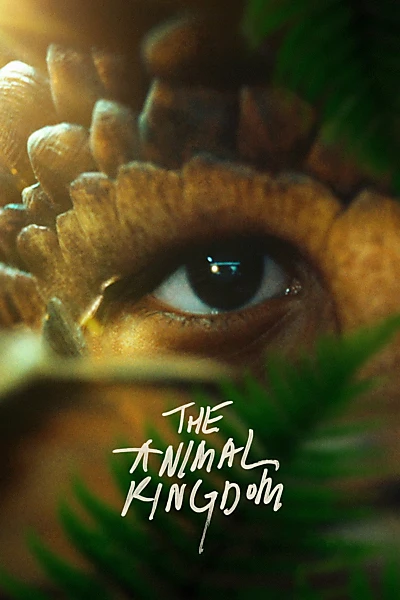
The Animal Kingdom (2023)

A Beautiful Day in the Neighborhood (2019)
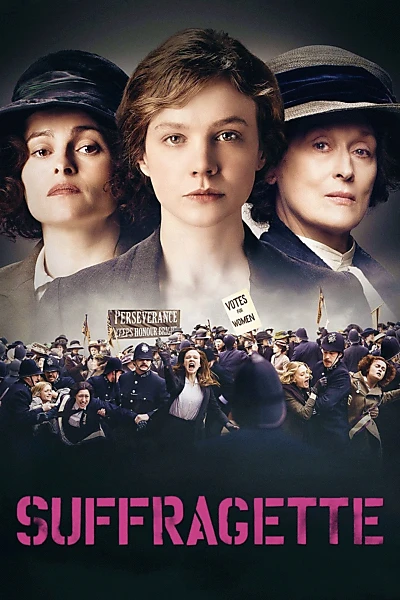
Suffragette (2015)

Youngest Sister Class (2020)

The Testament of Sister New Devil: Departures (2018)
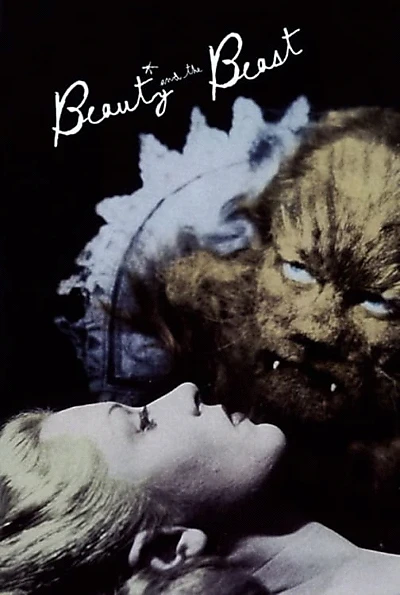
Beauty and the Beast (1946)
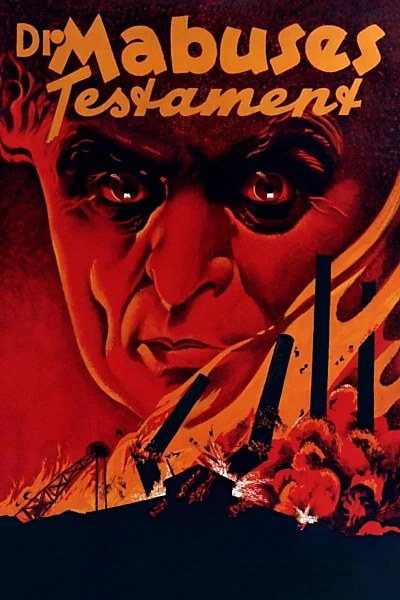
The Testament of Dr. Mabuse (1933)
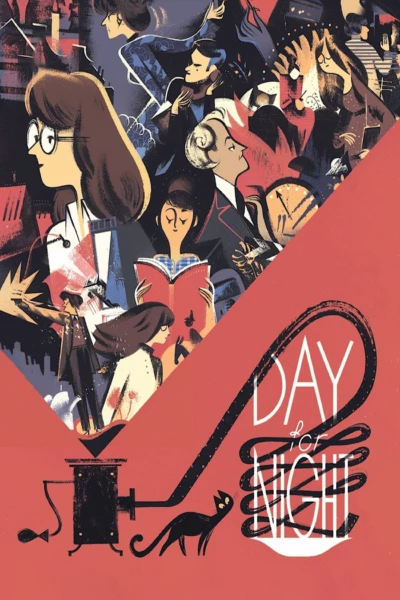
Day for Night (1973)
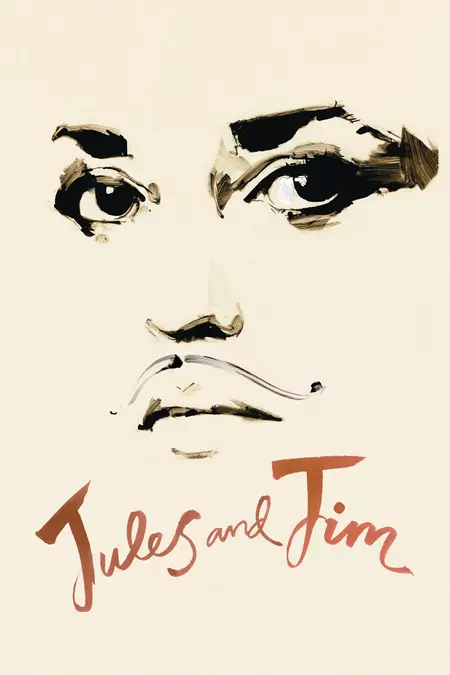
Jules and Jim (1962)
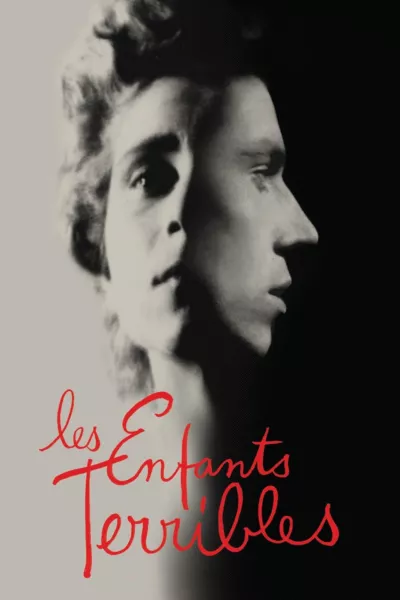
The Strange Ones (1950)
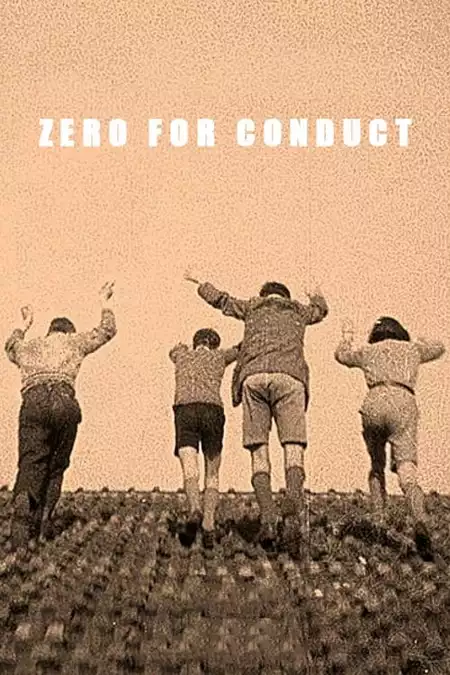
Zero for Conduct (1933)
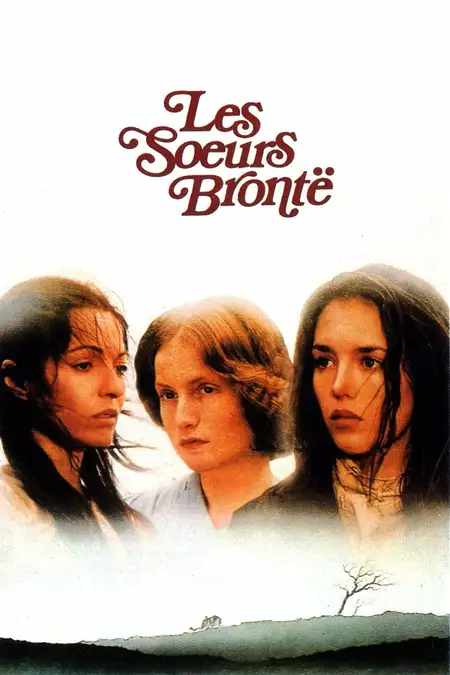
The Bronte Sisters (1979)
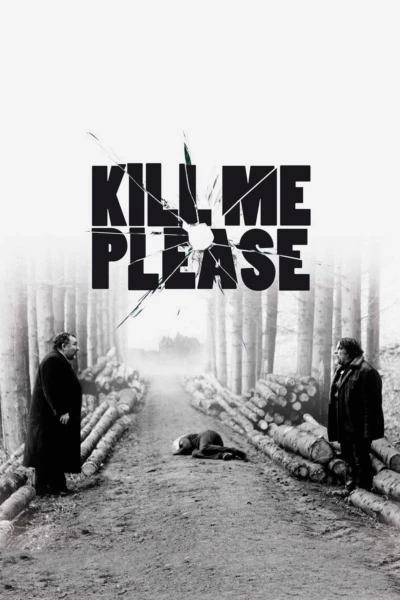
Kill Me Please (2010)
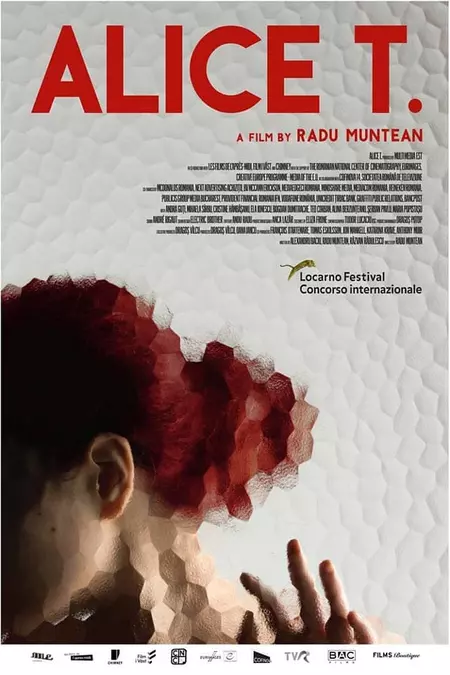
Alice T. (2019)
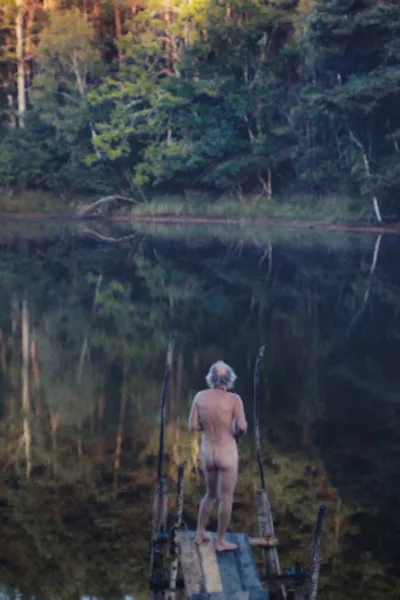
A Third Testament (2022)



